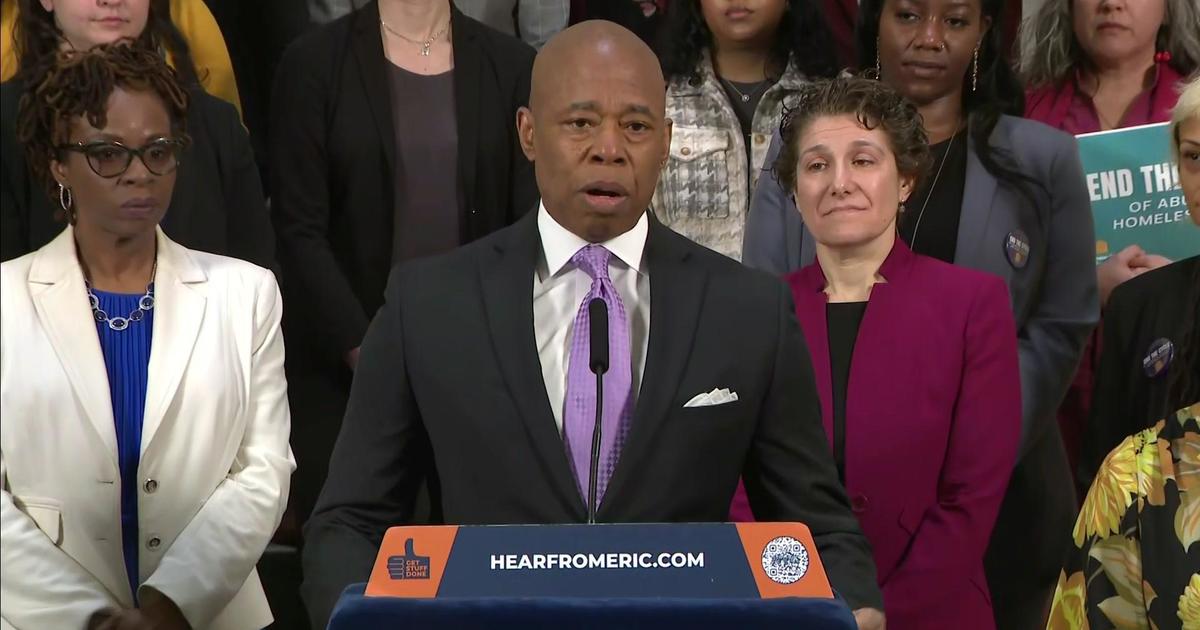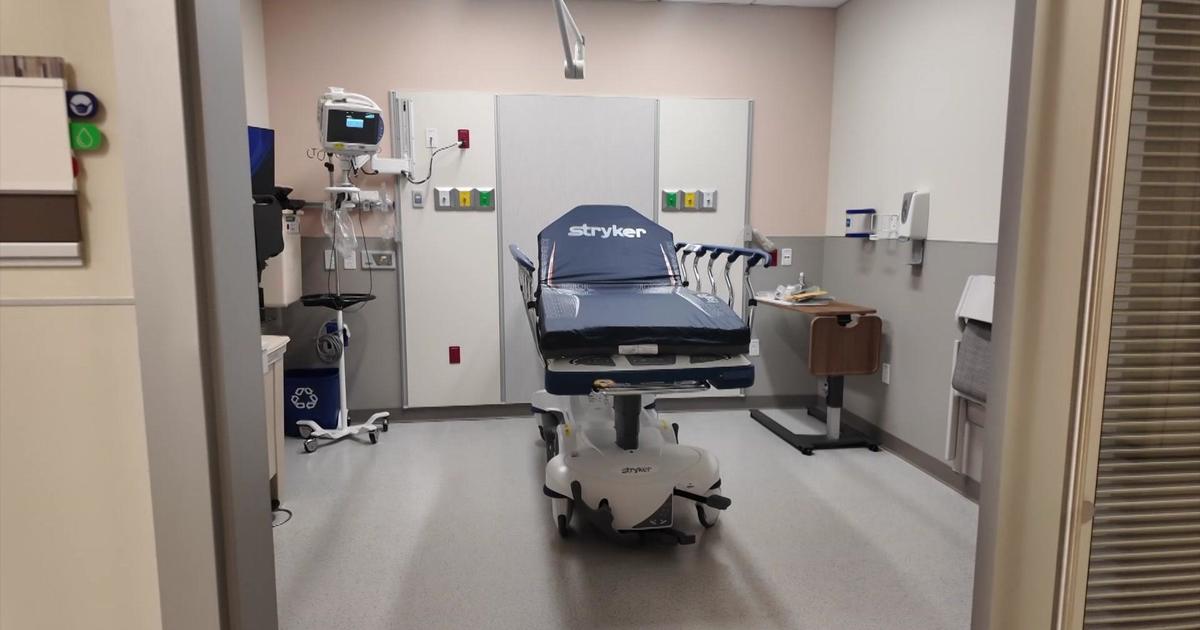Man Quarantined In NYC Ebola Scare Speaks To CBS 2 In TV Exclusive
NEW YORK (CBSNewYork/AP) -- The man at the center of an Ebola scare at Mount Sinai Hospital last week spoke out Sunday, calling the experience of being quarantined until he was medically cleared "surreal."
Eric Silverman, 27, tested negative for the deadly Ebola virus on Wednesday.
Silverman was placed into isolation at the hospital on Monday after showing up at the emergency room with a high fever and gastrointestinal problems.
The Brooklyn resident said he had returned home in mid-July after working in Sierra Leone for a few months and was not aware during his time there that he had been in an area where Ebola cases had been reported.
Feeling well enough to enjoy the outdoors again, Silverman spoke in a television exclusive with CBS 2's Matt Kozar.
"I'm still feeling a little weak, still got some stomach issues," he said.
It's a far cry from the 72 hours he spent in isolation. Doctors didn't think it was likely he had Ebola, but tested him and kept him quarantined as a precaution.
"There were two security guards outside of my room, and they were like, 'no one in or out,'" Silverman said.
It took hospital staff 7 minutes from the time Silverman hit the emergency room doors to when he was in isolation.
"There was one nurse and one doctor, and they had to be fully dressed in the space suits," he said. "They said take all your clothes off, anything in your pockets."
Doctors bagged his clothes and burned his underwear, Kozar reported.
At one point while watching the news in his room, Silverman said he asked the nurse if he was the patient the country was talking about.
"I was like 'is that me?' And she said 'yes, I'm pretty sure,'" Silverman said.
Silverman said he has a doctor's appointment Monday and hopes to find out what caused him to be so ill.
The Centers for Disease Control and Prevention said six people in the United States have been tested for Ebola since the West African outbreak erupted this year and all results were negative.
The Ebola virus causes a hemorrhagic fever that has killed more than 900 people, mostly in Liberia, Guinea and Sierra Leone.
"People are dying in West Africa, and the world should pay more attention to that and more resources should be sent to West Africa," Silverman said.
The current Ebola outbreak in West Africa is the largest since the disease first emerged in Africa nearly 40 years ago.
There is no cure or vaccine for Ebola, but a vaccine is set to begin human trials next month. So far, the vaccine has shown success in monkeys.
For more information on Ebola from the CDC, click here.
Check Out These Other Stories From CBSNewYork.com:
(TM and © Copyright 2014 CBS Radio Inc. and its relevant subsidiaries. CBS RADIO and EYE Logo TM and Copyright 2014 CBS Broadcasting Inc. Used under license. All Rights Reserved. This material may not be published, broadcast, rewritten, or redistributed. The Associated Press contributed to this report.)



